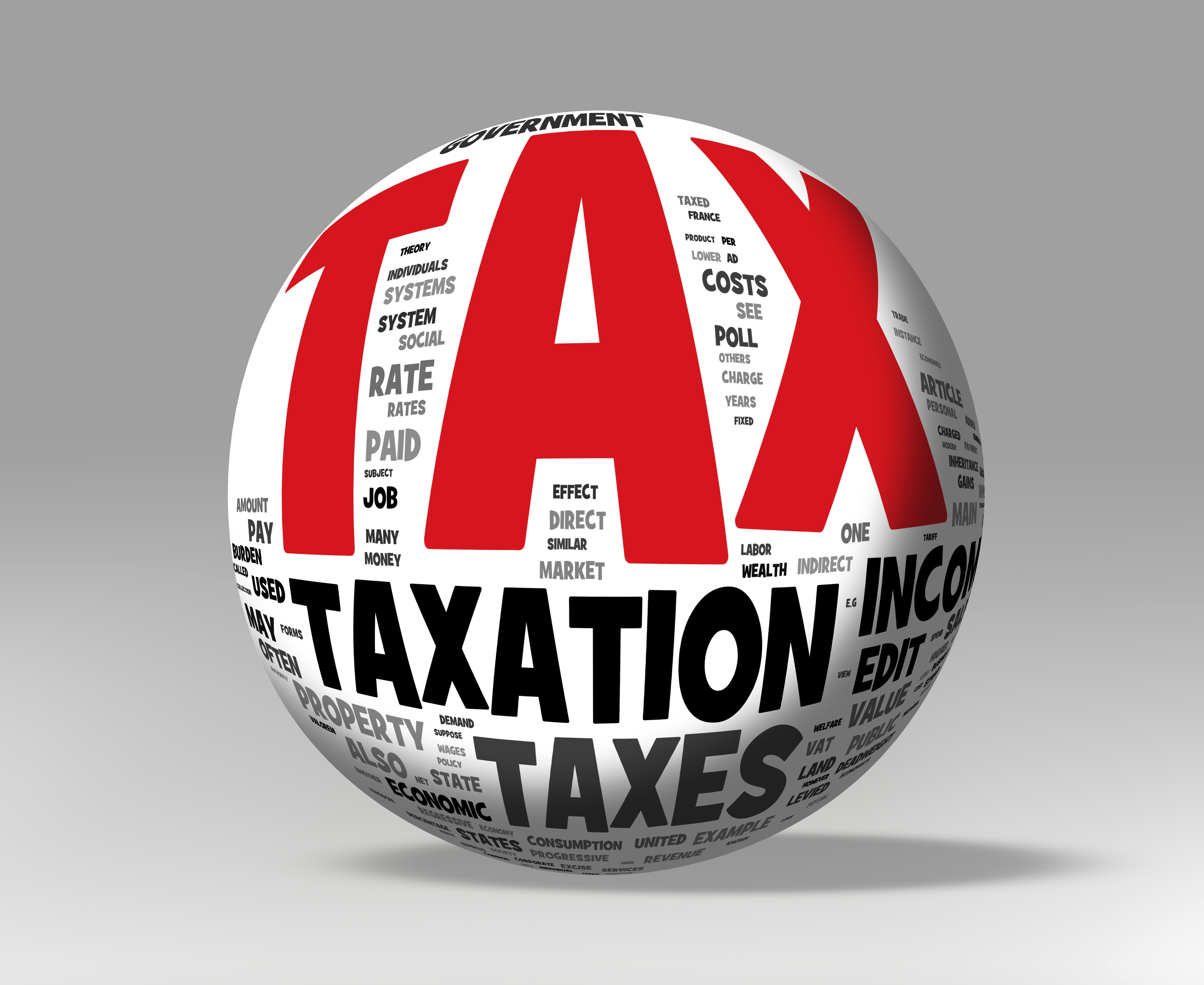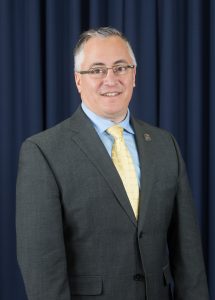
Posted on January 28, 2019
This legislative session kicked off with many bill proposals as usual, but a proposal by Senator Looney has brought much public attention and concern. He claims his proposal will restructure property taxes and bring relief to residents, but which ones? You can bet not our district.
The bill seeks to do the following: create a $50,000 homestead tax exemption for one- to four-family owner-occupied residences; implement a one-mill statewide tax so $1 on each $1,000 of property value will go to the state; and repeal the local property tax on vehicles and replace it with a new statewide vehicular tax of between 15 and 19 mills. All of this new revenue generated would then go into a fund administered by the state for reimbursing towns and cities that host tax-free institutions such as colleges, state buildings and hospitals. The money would also be used for special education and public school grants. Finally, the bill would exempt the first $25,000 of personal property from the property tax.
The homestead exemption would reduce the first $50,000 of someone’s home from taxation, thus theoretically reducing the tax burden. So for instance, if the town assessed your home at $200,000, only $150,000 of that assessment would be taxed. The problem with this proposal is that if the town doesn’t receive any additional state aid, your mill rate will just go up causing you to effectively pay the same taxes anyway. Once you add in the loss of the car tax revenue and 1 mill state tax, you’ll likely be seeing a tax increase.
By creating a statewide property and car tax and putting it into a fund for towns with hospitals and universities, this proposal will likely disproportionately benefit cities at the expense of our towns. It also begins the frightening precedent of allowing the state to take over property taxation, which until now, has been exclusively in the hands of local authorities. I believe this bill fails to recognize how much our town residents are struggling.
So why is this being proposed? In our bipartisan budget, Connecticut implemented a spending cap, revenue cap and volatility cap to control bad spending habits. Any increases in income or sales taxes will merely shift into the Rainy Day fund and cannot be spent on the budget. This proposal is a clever way of generating more revenue for the state to spend outside of these caps. Frankly, it’s a disturbing illustration of the legislature’s failure to control spending.
We need to bring fiscal accountability to any of our failing cities and towns before we even consider bailouts. I still have not forgotten the $500 million blank check Connecticut handed to Hartford last year. The state will be paying that bill for the next twenty years. Rather than bringing more accountability and oversight to the spending habits of our large cities, these proposals just throw more wood on a raging fire. The legislature should not be taking the easy way out because I believe it ultimately does the most harm to our residents.



